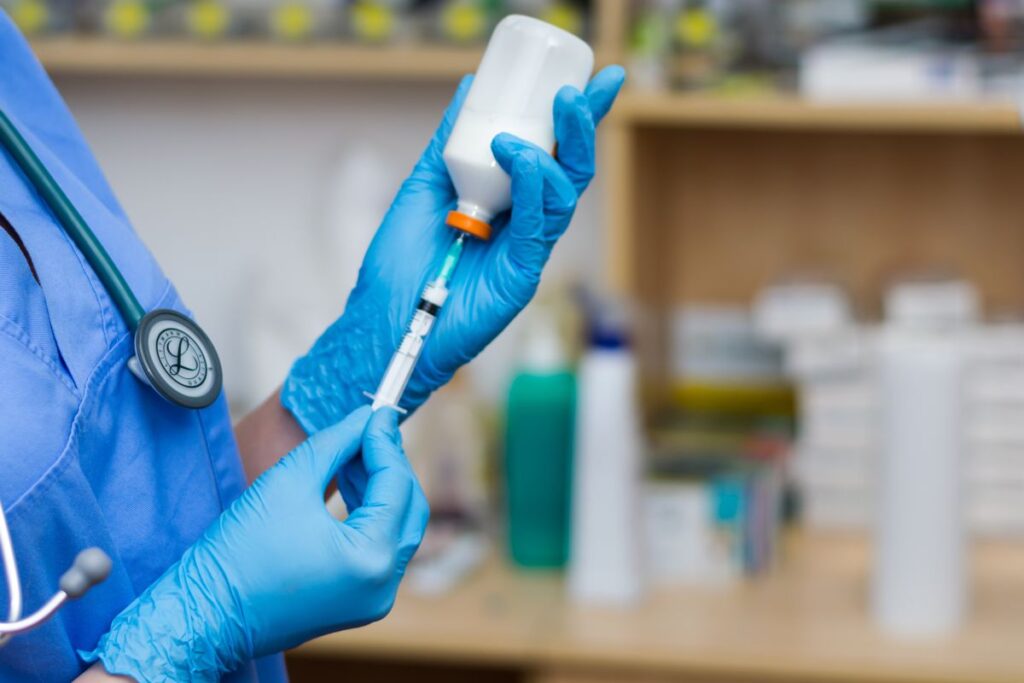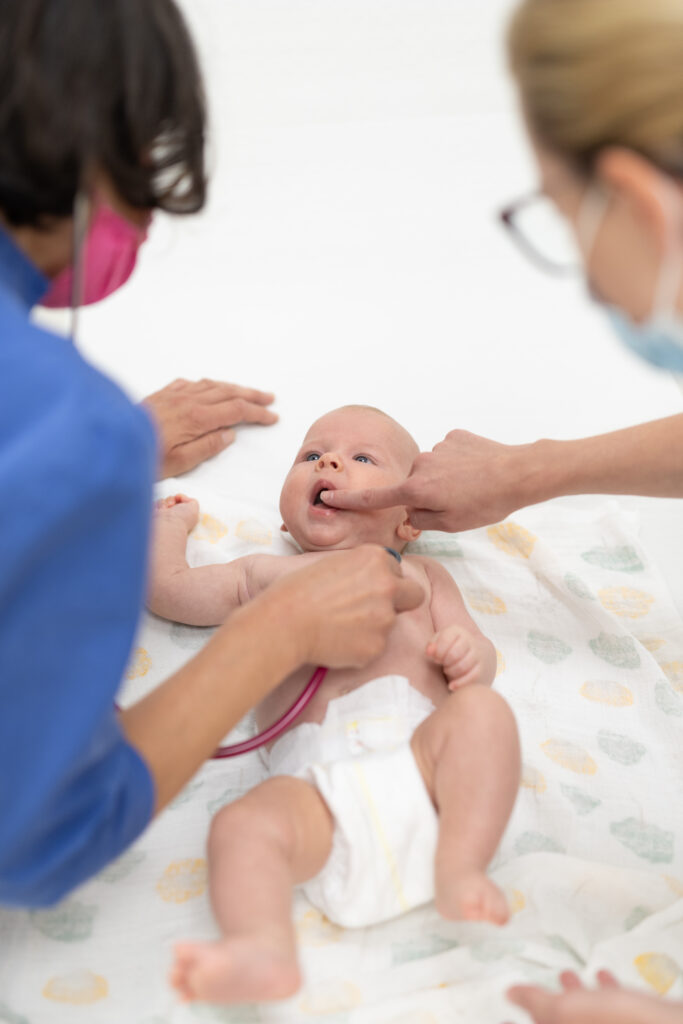The pediatric medico-legal definitions on this page can be a valuable resource for parents, legal professionals, medical experts, and anyone involved in cases related to children’s health and well-being. Our aim is to help you gain a deeper understanding of the unique language surrounding pediatric medico-legal matters to navigate these complex cases.

These qualities ensure a thorough evaluation and objective assessment of material facts of your case as well as incorporating lay witness testimony to provide a comprehensive review of the issues: including strengths and weaknesses and an opinion to a reasonable degree of medical certainty that is commensurate with the current literature and standards of practice in the area of pediatrics.
To gain a better idea of how we can be of services to you, please click here.

A Pediatric Critical Care Doctor works in Pediatric Critical Care Management, and carries (PCCM) in their Medical title. These doctors are fully trained pediatricians who go on to train for three additional years, focusing on illness where children are critically ill and traumatic injuries in children.
Their expertise encompasses a wide spectrum of conditions, such as congenital heart disease, trauma, child abuse, childhood cancers, shock, and various other diseases. They will collaborate closely with fellow subspecialists to provide comprehensive care for critically ill or traumatically injured infants and children.

Legal Causation is determined on a “but for” test. But for the negligence that occurred would the child’s death still have happened? In the example above the answer is “no”. Had the diagnosis been made correctly the child would not have died.
So, what is “proximate cause”? “Proximate cause is a cause which in a natural and continuous sequence produces a person’s illness or injury, and is a cause which a reasonable and prudent health care provider could have foreseen would probably produce such illness or injury or some similar injurious result.” (N.C.P.I.-Civil 809.00A).
Proximate cause simply means that there was foreseeability of the event that caused illness or injury. So, the practitioner had a duty to the plaintiff, they breached that duty and but for that breach the plaintiff had a more than 50% chance of having a better outcome.

Mon – Fri: 9:00 AM – 5:00 PM
Sat: By Appointment
Sun: Closed
AK, AL, AR, CT, DE, FL, GA, HI, IL, IN, KS, KY, LA, MA, MD, MO, NC, NJ, NV, NY, OH, OK, PA, SC, TN, TX, VA, WA, WV, WY, District of Columbia, Puerto Rico, USDOJ, US Army, and US Navy.
Disclaimer: This web site provides general information about pediatric health and related subjects. The information and other content provided on this website or in any linked materials are not intended and should not be considered, or used as a substitute for medical advice, diagnosis, or treatment. Never disregard professional medical advice or delay in seeking it because of something that you have read on this website or in any linked materials.
All Contents Copyright © 2020 – 2024 PME Consulting, LLC. All rights reserved worldwide.